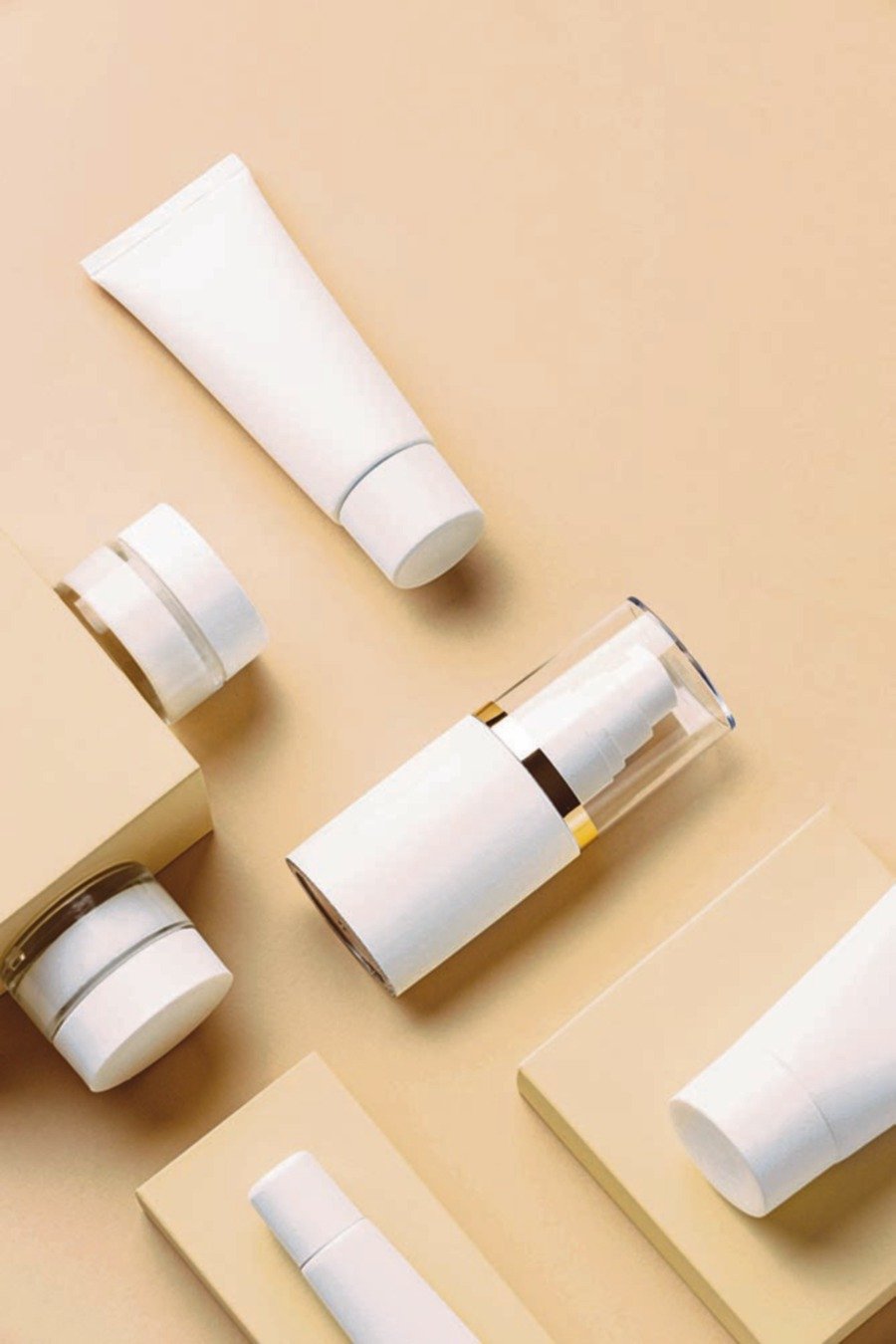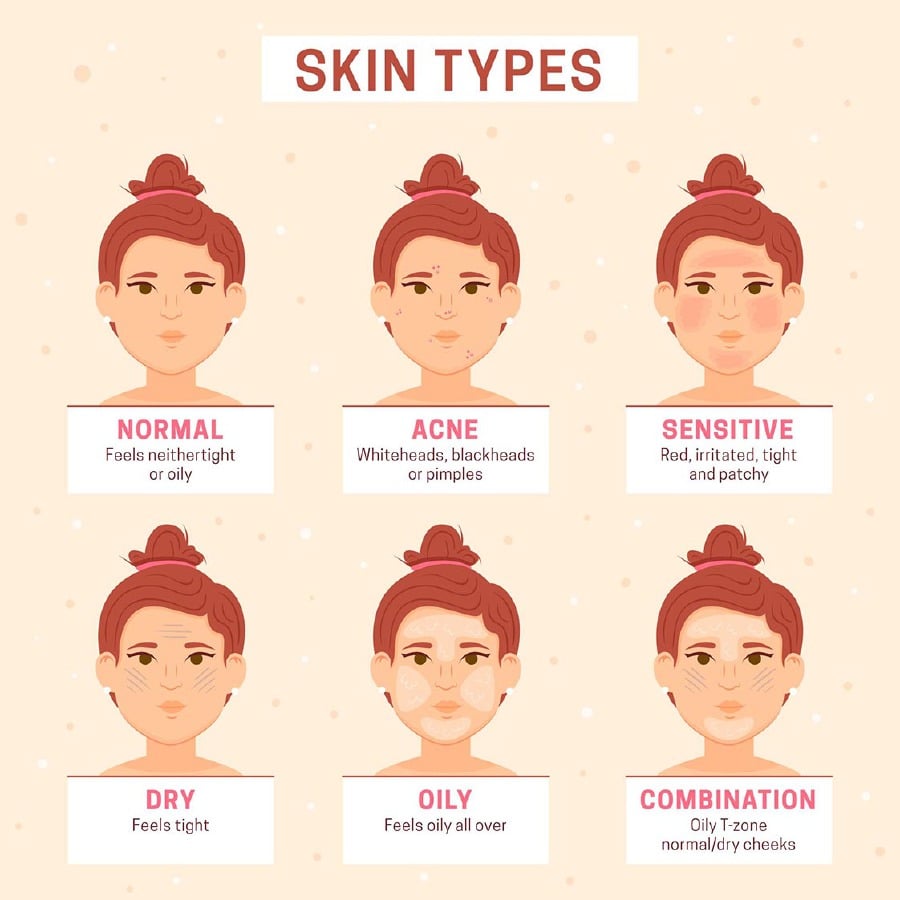SKIN concerns are on the rise, with more people suffering from dryness, irritation and redness.
But skin sensitivity isn't limited to those with sensitive skin. Anyone can face these issues.
There are many factors that can trigger skin sensitivity, including harsh chemicals, changing weather, hormone fluctuations, stress and even diet.
Regardless of your skin type, it is important to recognise the five signs of skin sensitivity, such as dryness, irritation, roughness, tightness and a weakened skin barrier, says Galderma Malaysia country manager Cindy Tiu.
"Sensitive skin can be more prone to other conditions including acne, dehydration, redness and even excess oil, so recognising the signs early and taking steps to manage them can help maintain skin health."
People with signs of sensitive skin have a weakened skin barrier, which means that their skin is more open to irritants and less resistant to bacterial infections.
This type of skin can be easily overwhelmed by harsh skincare products, environmental stressors or over-cleansing, says Tiu. All of this can lead to skin getting inflamed.
"Gentle care is important as it helps preserve the skin's natural barrier, keeping skin hydrated and minimising any irritation."

GOOD CARE
When it comes to caring for sensitive skin, having clinically proven and data-backed products can make a big difference.
Look for products that contain a safe and effective combination of ingredients designed for sensitive skin, advises Tiu.
Avoid harsh chemicals and irritants and instead choose products that are fragrance-free, soap-free, hypoallergenic and dermatologically tested. Most importantly, look for products that can help boost all 15 essential ceramide classes.
Ceramides are natural fats found in our skin, explains Tiu and they're essential for keeping skin balanced and hydrated. By stimulating all 15 ceramide classes, our skin barrier can function optimally, enhancing its protective and moisture retention ability.
When it comes to cleansing, people with sensitive skin are generally advised to not use foaming cleansers.
But Tiu says they can. The key consideration isn't whether the cleanser is gel- or foam-based, what matters is the ingredients.
Opt for products with a blend of ingredients that are known for their soothing and nourishing properties, like niacinamide, panthenol and glycerin. Avoid foam cleansers that include paraben and sodium laureth sulphate (SLS), a foaming agent which can be found in many personal care products.
It's crucial to pick a cleanser that not only cleanses skin but does so without stripping away the skin's natural oils. The ideal cleanser should preserve the skin's natural protective barrier and maintain a balanced pH, leaving skin hydrated and soothed.

The best type of moisturiser for sensitive skin depends on the dryness level of the skin and the user's personal preference for texture, says Tiu. Generally, creams are more hydrating and better suited to very dry or compromised skin due to its thicker, more intense hydration formulation. Lotions are lighter and can be good for mildly dry skin. Meanwhile, gel moisturisers are typically well-tolerated by oily or acne-prone sensitive skin, as they are lightweight and non-greasy.
Overall, regardless of whether it's a gel, cream or lotion, choosing a moisturiser that is clinically proven to instantly soothe and provide lasting hydration is important to help skin retain more moisture and prevent dryness.
SUN PROTECTION
SUNSCREENS are essential for sensitive skin, which may also be prone to sun damage due to a weakened skin barrier. For those with sensitive skin, chemical sunscreens can irritate the skin.
Therefore, choosing sunscreens made with mineral-active ingredients might be a better option.
Tiu suggests high, broad-spectrum sunscreens that protect against UVA/UVB rays and are gentle and non-comedogenic.
Don't forget to reapply sunscreen every two hours or immediately after swimming or sweating.
This Zalora promo code will get you the best skincare for sensitive skin





